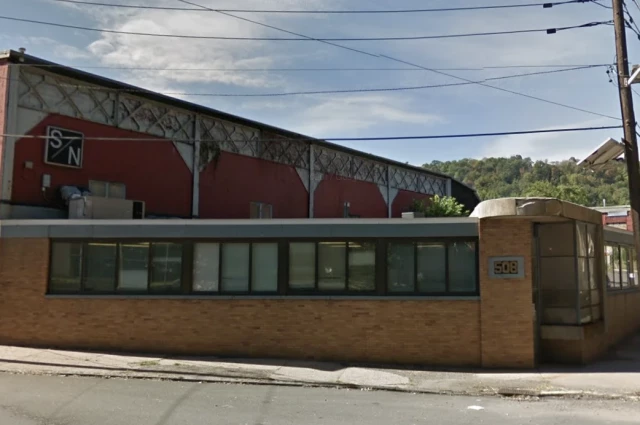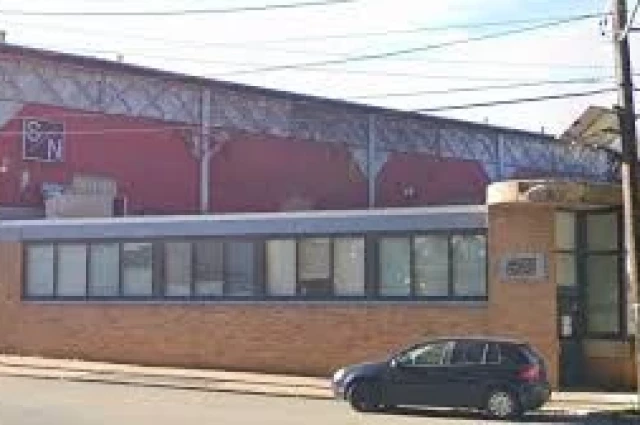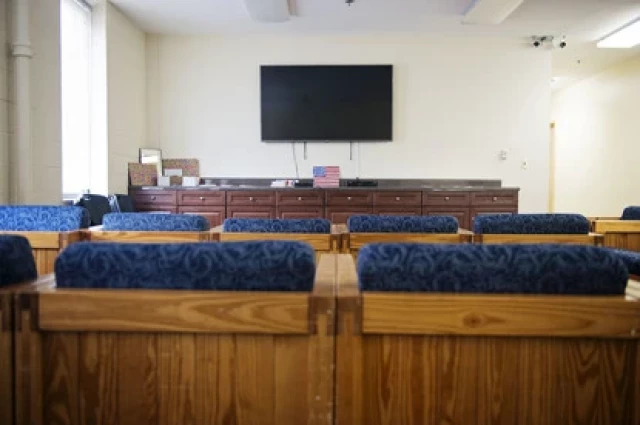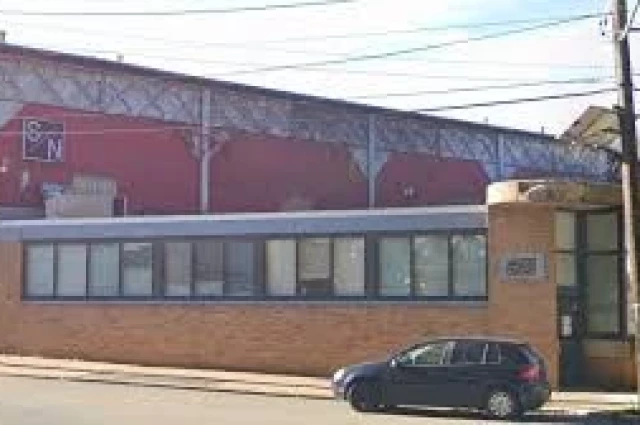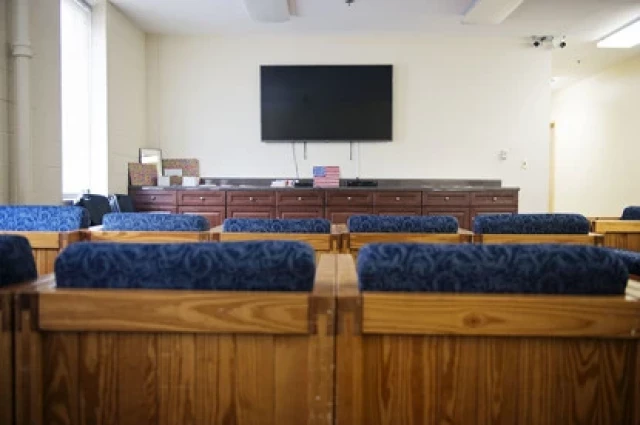Located in Paterson, New Jersey, Straight & Narrow - Men’s Treatment Program is a dedicated facility under the Catholic Charities Diocese of Paterson. This program offers comprehensive drug rehabilitation options tailored to meet the unique needs of men struggling with substance use disorders.
Key Features of Straight & Narrow - Men’s Treatment Program:
Medication-Assisted Treatment (MAT): To enhance the effectiveness of the recovery process, the program includes Medication-Assisted Treatment (MAT). This approach combines FDA-approved medications with counseling and behavioral therapies to treat substance use disorders.
Aftercare Programs: Recognizing the importance of continued support, the program offers comprehensive aftercare services. These services are designed to help clients maintain their sobriety and successfully reintegrate into their communities post-treatment.
Specialized Women's Program: In addition to the men’s treatment program, Straight & Narrow also provides a separate program specifically tailored for women. This ensures that both men and women receive gender-specific care that addresses their unique needs and challenges.
Straight & Narrow - Men’s Treatment Program is committed to providing high-quality, compassionate care that aligns with the values and mission of the Catholic Charities Diocese of Paterson. Through its holistic approach, the program aims to support individuals in achieving long-term recovery and improved overall well-being.
The short term stay is pretty intense in terms of treatment. You’ll be medically monitored by a case management team. Along with therapy and medications, you’ll get the chance to develop living skills to avoid a relapse
Short-Term Program: The short-term stay at Straight & Narrow is designed to provide intensive treatment for individuals requiring immediate and focused care. Clients are medically monitored by a dedicated case management team to ensure their safety and well-being. Alongside therapy and medication management, clients have the opportunity to develop essential life skills aimed at preventing relapse.
Long-Term Program: The long-term program caters to clients who require extended support to achieve lasting recovery. This program provides a comprehensive and structured approach, allowing clients to benefit from sustained therapeutic engagement and support.
Program Features:
- Individual and Group Counseling: Both short-term and long-term programs offer personalized individual counseling and therapeutic group sessions to address the specific needs of each client.
- Family Education: Family education sessions are incorporated to support the client’s recovery process and to educate family members on how to best assist their loved ones.
- Health Education Classes: Clients participate in health education classes that promote overall wellness and inform them about the physical and psychological aspects of addiction and recovery.
A significant component of the program at Straight & Narrow is its faith-based healing approach, which extends beyond prayers and devotionals. Participants have the unique opportunity to join the choir and perform for the community, fostering a sense of belonging and purpose.
In addition to the choir, the Catholic Charities Diocese of Paterson offers sober living facilities and a range of social services designed to support and strengthen the recovery process. These resources provide a comprehensive support system, enhancing the overall effectiveness of the treatment program and promoting long-term recovery.
The long term program is for clients who need a much longer support program. Both programs offer individual and group counseling, family education, and health education classes. The center is accredited by CARF, so you know they meet a professional standard level of care.
